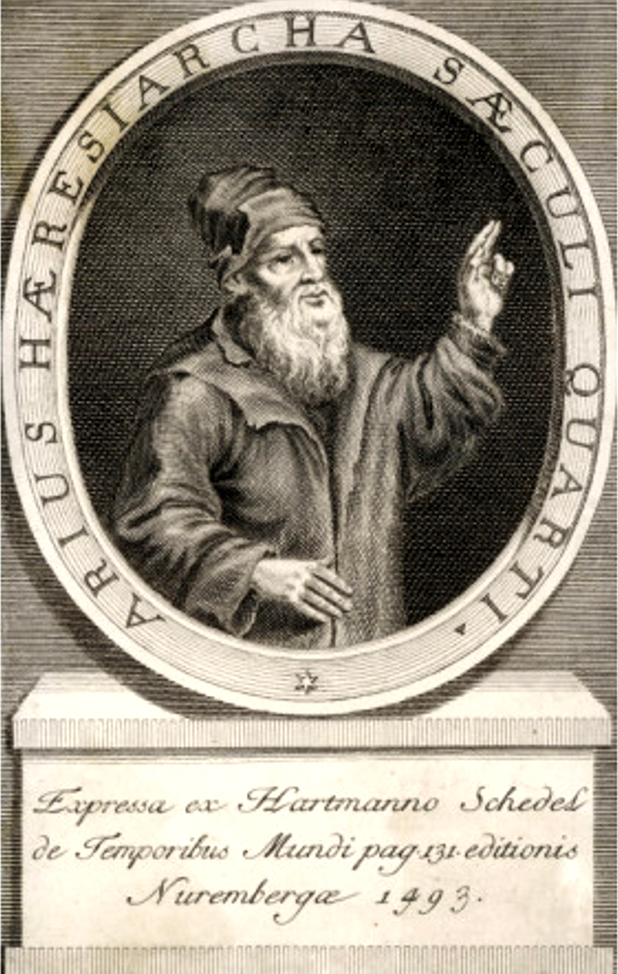
Arius
Arius was an early Christian priest and theologian from Alexandria, whose teachings sparked a major theological controversy in the early Church known as Arianism. He argued that Jesus Christ, the Son of God, was not eternal and was created by the Father, which contradicted the mainstream Christian belief in the Trinity. His views led to the First Council of Nicaea in 325 AD, where his teachings were ultimately deemed heretical, resulting in the formulation of the Nicene Creed, which affirmed the co-eternity of the Son with the Father.
Global Media Ratings
Countries Mentioned
No country-level mention data available.
Interactive World Map
Each country's color is based on "Mentions" from the table above.
Recent Mentions
 Jamaica:
Quoting scripture, the presbyter Arius claimed that only the Father was eternal, and that Jesus, the Son – begotten by the Father, and 'the first-born of all creation' – was not.
3
Jamaica:
Quoting scripture, the presbyter Arius claimed that only the Father was eternal, and that Jesus, the Son – begotten by the Father, and 'the first-born of all creation' – was not.
3
 Ireland:
The controversy dealt with at Nicaea concerned the views of Arius, a priest in North Africa, as developed in Arianism.
3
Ireland:
The controversy dealt with at Nicaea concerned the views of Arius, a priest in North Africa, as developed in Arianism.
3
 Italy:
Arius was a priest whose ideas were declared heretical at the Council of Nicaea.
4
Italy:
Arius was a priest whose ideas were declared heretical at the Council of Nicaea.
4
